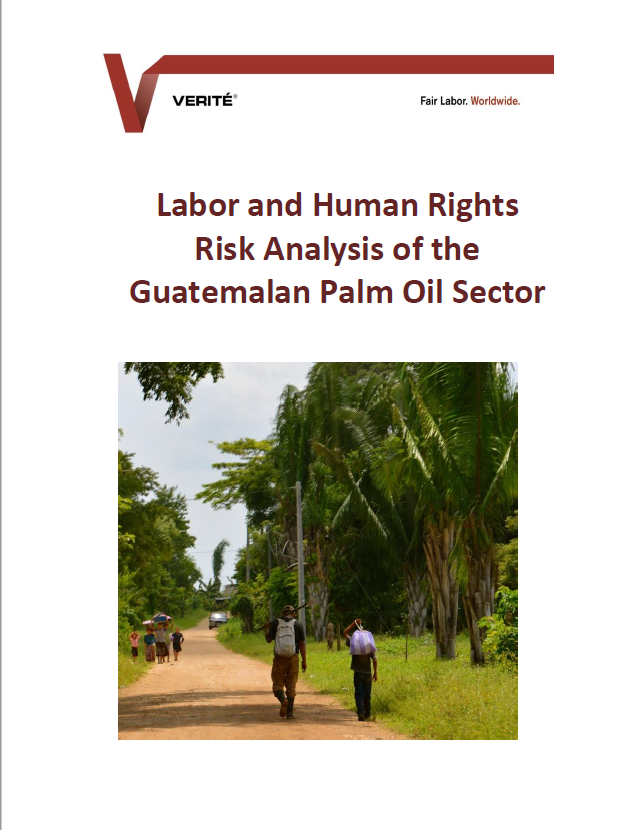Fired, then Robbed: Fashion brands’ complicity in Wage Theft during Covid-19
PublicationsThe world’s garment workers have been among the hardest hit by the economic ravages of the coronavirus pandemic. Hours and wages have declined for many of those lucky enough to keep their jobs, and millions have been fired outright, as apparel bra...Read More

